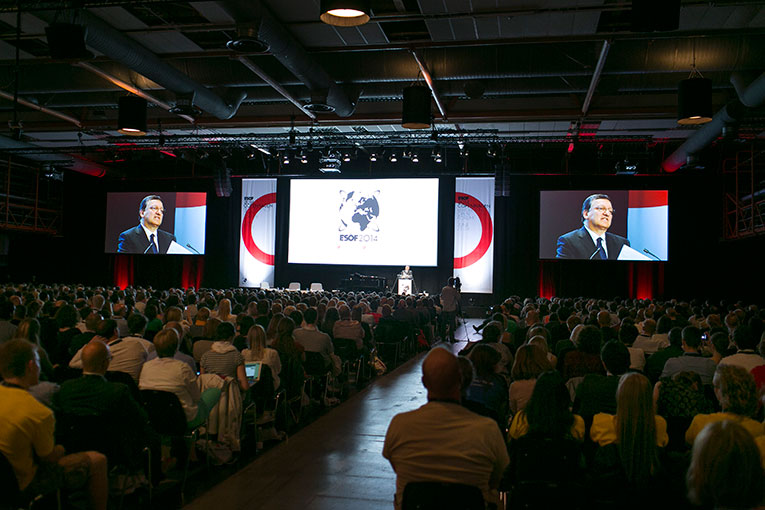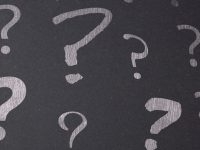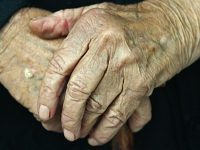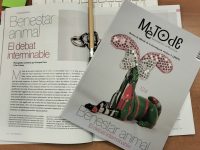
 Mikkel Ostergaard/ESOF2014 Mikkel Ostergaard/ESOF2014José Manuel Durão Barroso during the opening ceremony of ESOF 2014. The president of the European Commission stressed the importance of science and its development for the Union. |
||
|
The Carlsberg district in Copenhagen hosts since last Sunday the 2014 edition of ESOF (Euroscience Open Forum). This section of the Danish capital, with an industrial landscape linked to the production of beer in the past, hosts until next Thursday a large biennial meeting that brings together scientists, students, social partners and journalists to discuss the latest developments of science and their social, economic and cultural aspects. It is the largest scientific meeting in Europe, with more than 4,000 participants expected throughout the week. During the opening ceremony on Sunday 22, the president of the European Commission, José Manuel Durão Barroso, highlighted the importance of investing in science «as we start to move out of the worst financial and economic crisis since the 1930s» and stressed that «our social and economic progress and many of the solutions to today’s problems will come from science». |
|
«ESOF is the largest scientific meeting in Europe, with more than 4,000 participants expected throughout the week» |
 Mikkel Ostergaard/ESOF2014 Mikkel Ostergaard/ESOF2014ESOf’s are, at the main building of the forum. ESOF offers the opportunity of showing different research or science communication initiatives and exchange experiences between participants. |
||
|
The event, chaired by Queen Margrethe II of Denmark, also featured a dialogue between Fabiola Gianotti, the CERN scientific and ATLAS experiment spokesperson when the discovery of the Higgs boson was announced, and Rolf-Dieter Heuer, director of CERN. With a great sense of humor and a relaxed atmosphere, the two scientists spoke about different aspects of the discovery of the boson and its importance to science. Rolf Heuer stressed that the capacity of the public to understand scientific issues has often been belittled: «We think they can’t understand science, and it is not so.» Science and society If there was a common link in the speeches of the opening ceremony, it was the importance of building bridges between science and society, following the motto of this year’s meeting: «Science Building Bridges». During the morning, one of ESOF’s satellite acts had science communication as a protagonist. The First European Conference for Science Journalists gathered professionals from several countries to reflect on the challenges of the profession. New business models and the crisis of the traditional media sector were some of the topics of the meeting. «New and social media are changing the way we access information, we are becoming more impatient and reading longer stories becomes more and more difficult, but we still do not know if this is positive or negative», said Satu Lipponen, president of the EUSJA (European Union of Science Journalism Associations). Reflections on new challenges that join the old ones: how to deal ethically with scientific information, and how to strike a balance between promoting science and becoming advertisers. |
||
|
|
||
|
Throughout the week, the ESOF has planned sessions for science communication in different disciplines such as nanotechnology or health. A week of scientific meetings complemented with the Science in the City festival, which takes science to the streets with various informative and fun activities for people of all ages. In short, a true celebration with Copenhagen as its capital. Anna Mateu. Assistant Editor of Mètode, Copenhagen. |
||

 ESOF2014
ESOF2014



